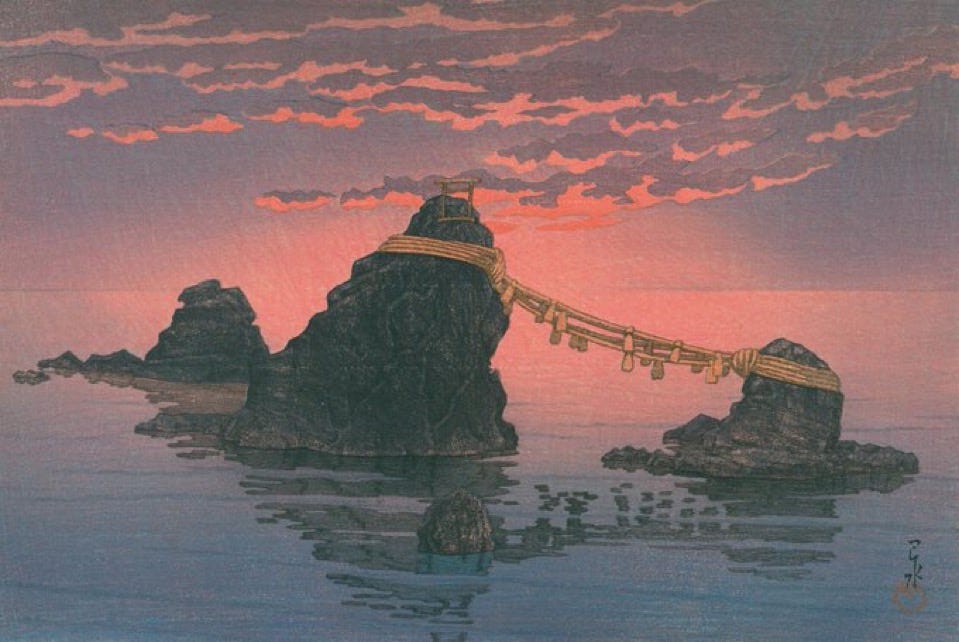This is What Spartan Women Said
Isn't it really much better to rejoice in your courage.

"We can remove most sins if we have a witness standing by as we are about to go wrong. The soul should have someone it can respect, by whose example it can make its inner sanctum more inviolable. Happy is the person who can improve others, not only when present, but even when in their thoughts!" — Seneca
Two weeks ago I wrote about how the Spartan Kings could fortify your resolve in the heat of the daily battle of trying to get better. To endure. To embody the divine essence you were destined for.
Hard working, gracious and confident (not arrogant) women are also inspiring. The beauty in their courage, love, discipline, kindness and wisdom compels you to raise your standards, be more compassionate in how you deal with people, be more disciplined to finish your projects and improve your self-mastery. If they've done it under the harshest circumstances, you can too.
Niccolò Machiavelli wrote,
"A prudent man will always try to follow in the footsteps of great men and imitate those who have been truly outstanding, so that, if he is not quite as skillful as they, at least some of their ability may rub off on him."
Below is a collection of my favourite quotes from Spartan women as written by the moral biographer Plutarch. As usual, some are witty.
GORGO (The wife of Leonidas)
“After seeing Aristagoras having his shoes put on by one of his servants, she said: ‘Father, the stranger has no hands.”
“When a stranger in a finely embroidered robe was making advances to her, she rejected him with the words: ‘Won't you get out of here? You can't even play a female role.”
GYRTIAS
“Once when her grandson Acrotatus was brought home from some boys' combat badly battered and seemingly dead, and both her family and friends were sobbing, Gyrtias said: ‘Won't you keep quiet? He's shown what kind of blood he has in him,’ and she added that brave men should not be howled over but should be under medical care.”
UNNAMED SPARTAN WOMEN
"Another Spartan woman killed her son, who had deserted, as unworthy of his country, saying: ‘He's not my offspring.’ This is the epigram about her:
‘Away to the darkness, cowardly offspring, where out of hatredEurotas does not flow even for timorous deer.Useless pup, worthless portion, away to Hell.Away! This son unworthy of Sparta was not mine at all.’
“Another woman, when her sons fled from a battle and reached her, said: ‘In making your escape, vile slaves, where is it you've come to? Or do you plan to creep back in here where you emerged from?’ At this she pulled up her clothes and exposed her belly to them.”
“As someone was describing his brother's noble death to his mother, she said: ‘Isn't it a disgrace, then, not to have gone on such a fine journey with him?”
“A Spartan who had been wounded in battle and was unable to walk made his way on all fours, ashamed of being laughed at. But his mother said: ‘Son, isn't it really much better to rejoice in your courage than to feel ashamed of being laughed at by idiots?”
“Another woman, in reply to her son who declared that the sword he had was a small one, said: ‘Then extend it by a stride.”
“Spartan woman who was up for sale and was asked what skills she possessed, said: ‘To be trustworthy.” 1
“Another woman who had been taken prisoner and was being asked much the same question, said: ‘To manage a household well."
"When a woman was asked by somebody whether she would be good if he were to buy her, she said: ‘Yes, and even if you don't buy me.”
That’s all. Now we move on to…
The Aesthetic Experience
"...aesthetic pleasure in the beautiful consists, to a large extent, in the fact that, when we enter the state of pure contemplation, we are raised for the moment above all willing, above all desires and cares; we are, so to speak, rid of ourselves." — Arthur Schopenhauer (The World as Will and Representation)
The Stoics were big fans of appreciating the beauty in the world. This comeliness is reflected in the Meditations of Marcus Aurelius. The artful expression of Stoic ideas is why the book still resonates 2,000 years later.
“Dwell on the beauty of life. Watch the stars, and see yourself running with them…for such thoughts wash away the dust of earthly life.”
In the spirit of washing away the dust of earthly life, these are the three art pieces I found interesting this week. Enjoy.
Exhibit I: Galloping Horse by Takeuchi Seiho (1890)
Exhibit II: Portrait of Leah by Jeff Stanford
Exhibit III: Good night, friends by Deborah Hocking
Exhibit IV: Kawase Hasui Dawn at Futamigaura (1933)
Until next time,
Antonius Veritus.
What I’m listening to:
Slave trade was acceptable in Ancient Greece.





